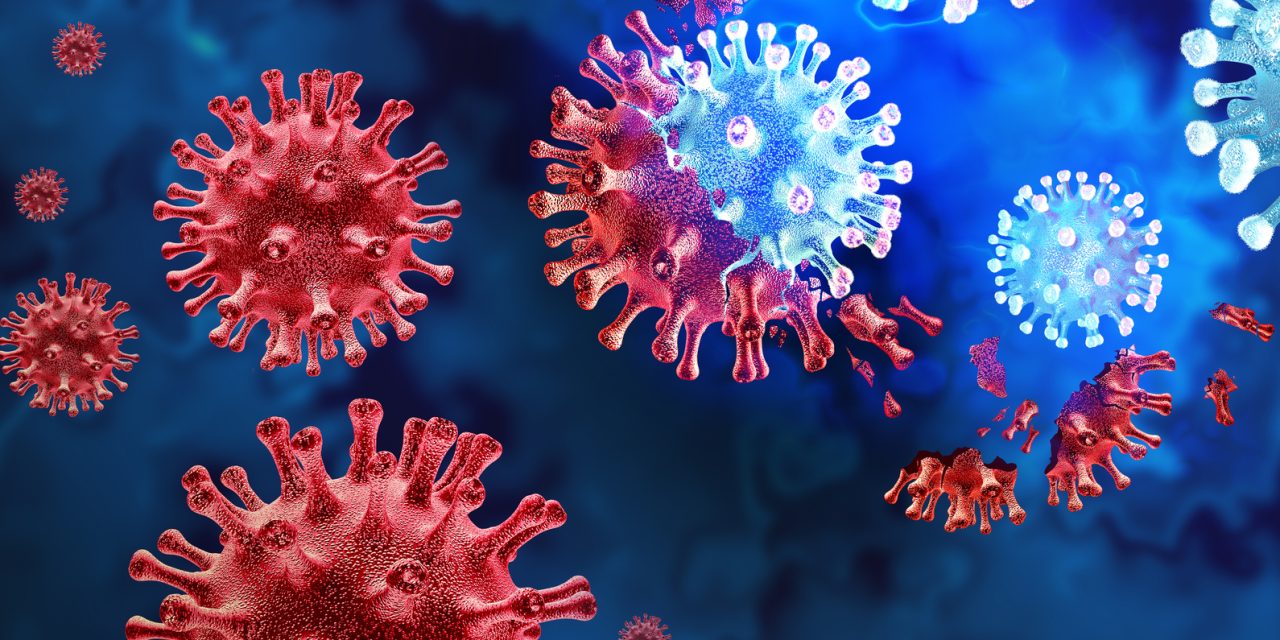
As expected, Pfizer, Inc., along with partner BioNTech SE, said they were submitting to the FDA for an Emergency Use Authorization (EUA) for their mRNA vaccine against SARS-CoV-2.
The announced submission, which came in a joint press release issued in the early morning hours Friday, Nov. 20, follows what the companies termed “rolling submissions across the globe, including Australia, Canada, Europe, Japan and the U.K.,” which will be followed by additional submissions until the vaccine makers have blanketed regulatory agencies worldwide.
If the EUA submission rapidly clears regulatory review, it is possible that initial vaccinations could occur by the end of the year.
According to data released by the companies, the vaccine—BNT162b2—demonstrated “a vaccine efficacy rate of 95%, with no serious safety concerns observed to date.”
Those findings come from the 38,000-participant phase III study that tested the 2-dose vaccine in “participants without prior SARS-CoV-2 infection (first primary objective) and also in participants with and without prior SARS-CoV-2 infection (second primary objective), in each case measured from 7 days after the second dose. ”
The objective analysis of the first primary objective was based on 170 confirmed Covid-19 cases and the safety analysis was conducted in a pre-specified subset of 8,000 adult participants followed for a median of 2 months after receiving the second dose—a safety parameter stipulated by the FDA.
The documentation submitted to the FDA includes “solicited safety data on approximately 100 children 12-15 years of age. Approximately 42% of global participants and 30% of U.S. participants in the phase III study have racially and ethnically diverse backgrounds, and 41% of global and 45% of U.S. participants are 56-85 years of age. To date, the Data Monitoring Committee (DMC) for the study has not reported any serious safety concerns related to the vaccine,” the comanies said in a press release.
“Our work to deliver a safe and effective vaccine has never been more urgent, as we continue to see an alarming rise in the number of cases of Covid-19 globally. Filing in the U.S. represents a critical milestone in our journey to deliver a Covid-19 vaccine to the world and we now have a more complete picture of both the efficacy and safety profile of our vaccine, giving us confidence in its potential,” said Albert Bourla, DVM, PhD, Pfizer Chairman and CEO in the prepared statement.
The Pfizer/BioNTech vaccine was developed by the companies independent of the NIH-funded Operation Warp Speed initiative, which supported development of Moderna’s mRNA vaccine that also reported positive phase III results November 16.
In a statement the NIH said an interim review by the data and safety monitoring board found Moderna’s mRNA-1273 vaccine trial data “suggests that the vaccine is safe and effective at preventing symptomatic Covid-19 in adults. The interim analysis comprised 95 cases of symptomatic Covid-19 among volunteers. The DSMB reported that the candidate was safe and well-tolerated and noted a vaccine efficacy rate of 94.5%. The findings are statistically significant, meaning they are likely not due to chance. 90 of the cases occurred in the placebo group and 5 occurred in the vaccinated group. There were 11 cases of severe Covid-19 out of the 95 total, all of which occurred in the placebo group.”
Moderna is expected to submit its EUA to the FDA within a few weeks as it compiles needed safety data.
Of note, neither Pfizer/BioNTech nor Moderna have submitted the data from their respective trials to peer-reviewed journals, relying instead on press releases. The first review is likely to come from FDA staff who will prepare briefing documents needed for approvals. Also still to come is a detailed roll-out plan from the CDC’s Advisory Committee on Immunization Practices. At a meeting last month, ACIP members heard testimony that appeared to favor a vaccine roll-out that would first target essential workers, and then move on to vulnerable populations.
Pfizer/BioNTech say they are prepared to supply “up to 50 million vaccine doses globally in 2020 and up to 1.3 billion doses by the end of 2012 (subject to clinical success, manufacturing capacity, and regulatory approval or authorization).” Of note, their vaccine must be stored at -70°C ±10°C. The companies said they are prepared for this distribution challenge and have “distribution hubs that can store vaccine doses for up to six months. The company has developed specially designed, temperature-controlled shippers for the BNT162b2 vaccine candidate, which can maintain recommended storage conditions (-70°C ±10°C) up to 15 days. Each shipper contains a GPS-enabled thermal sensor to track the location and temperature of each vaccine shipment. Once thawed, the vaccine vial can be stored for up to 5 days at refrigerated (2 – 8°C) conditions.”
Peggy Peck, Editor-in-Chief, BreakingMED
Cat ID: 190
Topic ID: 79,190,190,31,926,192,927,151,725,928,925,934


